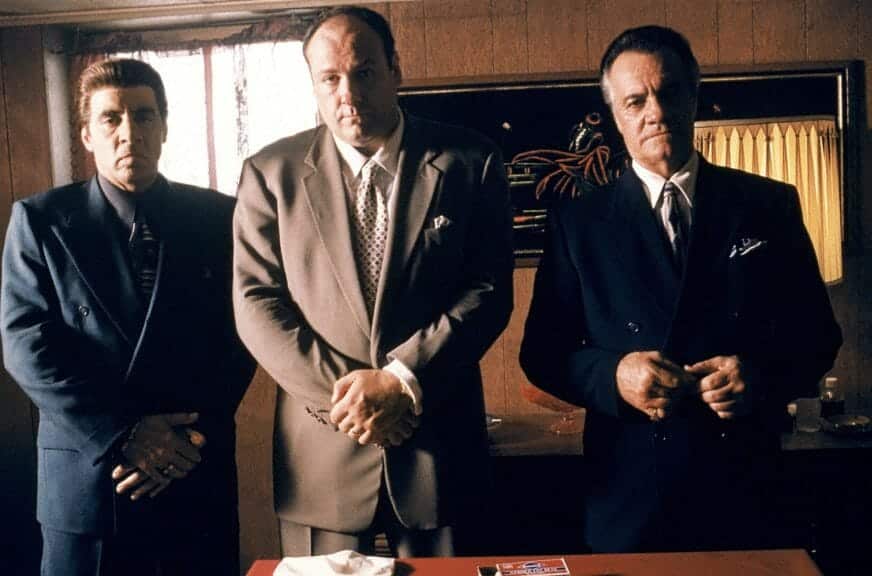The American crime drama is renowned and reputed to be the greatest American TV drama of all time, with its authenticity. Still, it has lost little of its power over the years since it concluded its run. The story of Tony Soprano tackling his mental health issues while balancing family life and his duties as a mob boss made for some of the most gripping television of all time. Usually believed to be one of the most amazing TV shows ever made, it’s apparent that “The Sopranos” is levelled in truth.
What distinguished The Sopranos made it into our generation’s defining morality play was the critical distance it took from the huckster charisma of the lives it depicted, undercutting the potential identification we might have assumed with its characters.
In this capacity, the show positioned itself between its two great influences, The Godfather and Goodfellas. In the former, the elaborate portraiture of gangster life appeared partly to request the viewer’s romanticization of control and criminality as Tony and his team themselves display by gleefully reacting to their favored junctures from the trilogy of Godfather movies. In Goodfellas, by contrast, the unremitting spectacle of the characters and their violent deeds kept the audience at a far greater remove, limiting the possibility of deep emotional connection.
Read More: The Ending Of The Sopranos Has Finally Been Revealed After More Than 13 Years
David Chase administered the restrictive regulations of network television when creating The Sopranos because the show wouldn’t have been made without them. The need for flawed people to be penalized for their actions or for characters to understand the precious moral lessons wouldn’t fit within a show so firmly focused on criminality.
So David Chase tore up the rulebook when he created The Sopranos, and the TV landscape became much richer.














